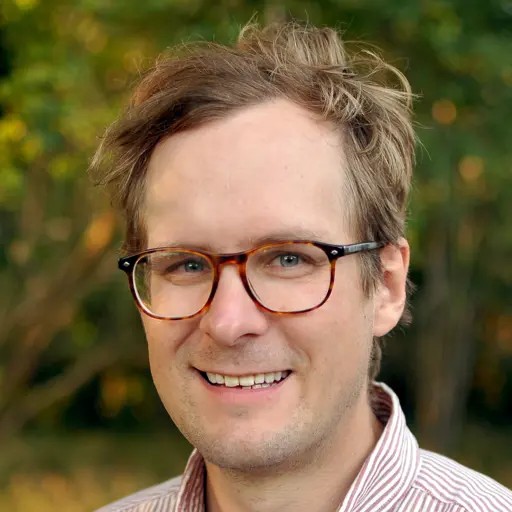
Informal learning environments not only increase young women's chances of discovering physics, they also strengthen their interest and self-perception in the subject once they begin their studies.
"The study provides important insights into how young women can be empowered in physics and highlights the need for alternative learning environments that complement formal education," says Anders Johansson, senior lecturer and one of the researchers behind the study.
The researchers followed female physics students at Swedish universities, examining how they navigate a highly male-dominated discipline. The results show that many perceive traditional physics education as exclusionary, but that informal settings provide them with essential resources to build confidence and a sense of belonging—both during high school and at university.
"In these environments, young women can see themselves as physicists in ways that may not be possible within conventional education," says Anders Johansson.
Physics on their own terms
An important aspect of informal networks is that they allow female students to meet role models, discuss physics on their own terms, and develop their identity within the field. Examples of such settings include physics clubs, popular science events, and internships in research environments.
The study shows that informal physics environments create supportive networks where female students can share experiences and strategies for overcoming challenges in their education. Many testify that they gain strength from interacting with other women in the field—something often lacking in traditional university settings.
The researchers emphasize that broader representation and more alternative learning environments could play a crucial role in making physics more inclusive and appealing to women.
"If we want to increase gender equality in physics, we must acknowledge the importance of these alternative spaces, where women receive the support they need to develop and grow in their professional identity," says Anders Johansson.
Questions?

- Senior Lecturer, Engineering Education Research, Communication and Learning in Science